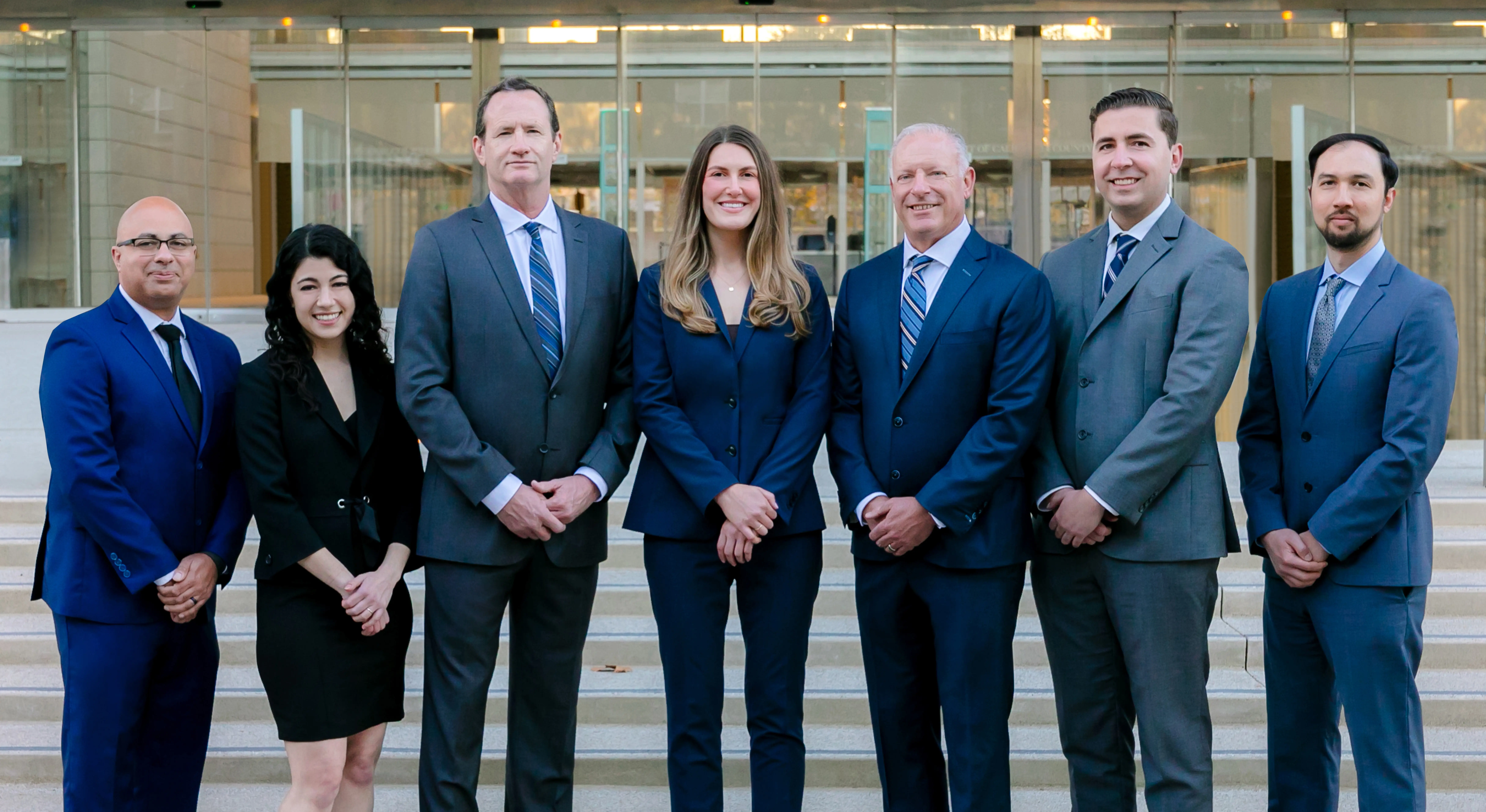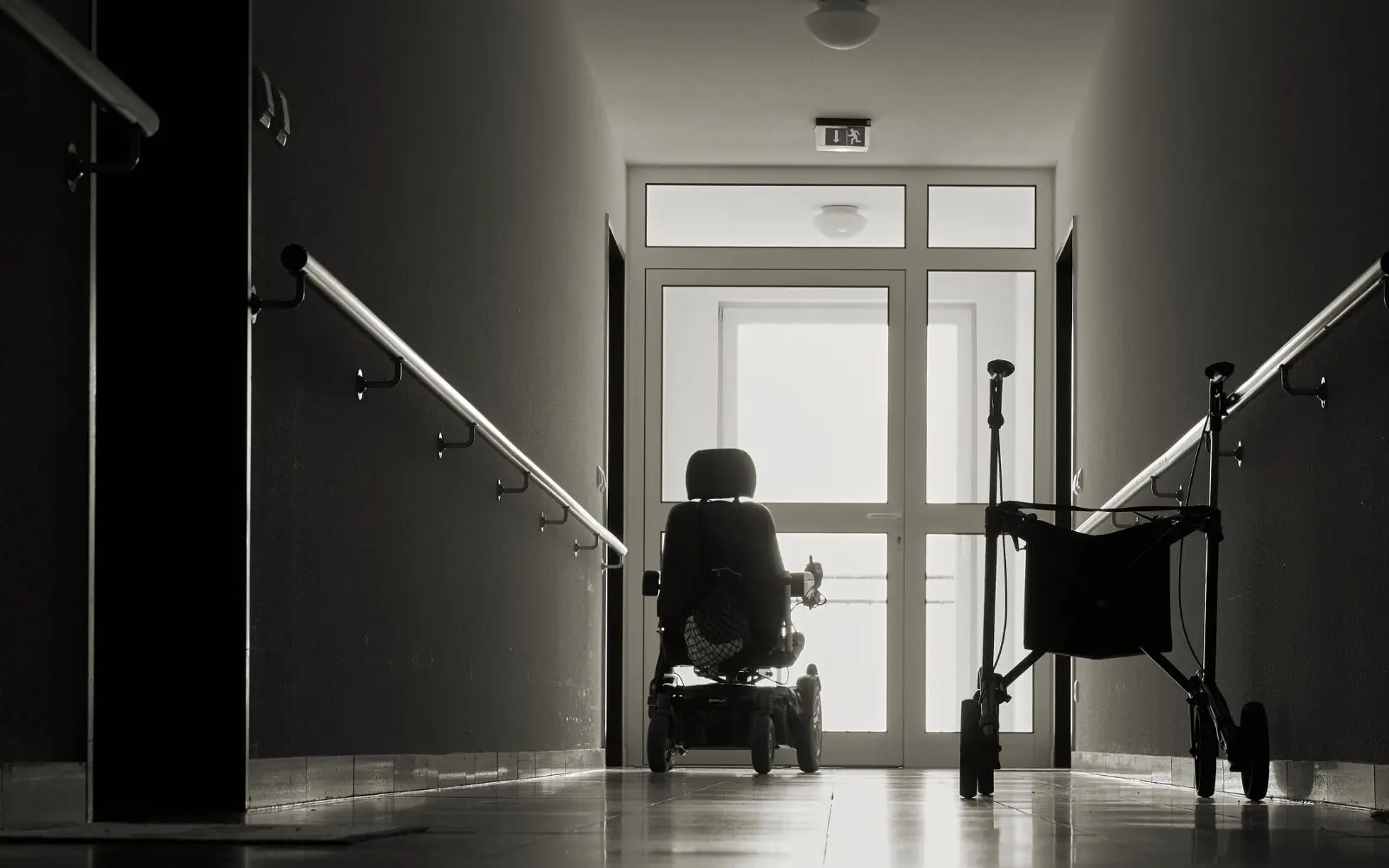Our Blog
ARTICLES
- All
- About Lanzone Morgan. LLP Videos
- Case Results
- Case Stories Videos
- Elder Abuse
- Elder Abuse Law Videos
- Elder Care Laws
- Elder Rights
- Elder Rights
- Facilities Videos
- Firm News
- Legal Resources
- Nursing Home Abuse
- Nursing Home Abuse & Neglect Videos
- Nursing Home Injuries Videos
- Nursing Home Neglect
Elder Abuse Laws in California
June 28, 2024
As we witness the demographic shift towards a larger aging population, the need for Elderly Rights Protection Laws becomes ever more pressing.
Read More
Historic Supreme Court Victory Redefines Arbitration Agreements in Healthcare
June 12, 2024
In a landmark ruling that promises to reshape the landscape of elder care and legal rights in California, Lanzone Morgan, LLP achieved a monumental victory ...
Read More
How to File a Nursing Home Abuse Claim
June 6, 2024
At Lanzone Morgan, LLP, we recognize the profound trust families place in nursing homes and assisted living facilities.
Read More
Elder Abuse Statistics & Facts
May 9, 2024
When we consider the legal battlefield, elder abuse statistics serve as critical ammunition. These numbers don’t just represent data points; they reveal patterns, highlight risks, ...
Read More
Can a Nursing Home Evict a Patient?
April 25, 2024
We believe it’s fundamental for you to be aware of the legal protections that shield you from unfair evictions. Federal laws such as the Nursing ...
Read More
Proving Breach of Contract in Nursing Home Abuse Cases
April 22, 2024
When entrusting a loved one to the care of a nursing home, we expect a high level of service and care based on the agreements ...
Read More
INFORMATIONAL VIDEOS
FREE CASE EVALUATION
We have extensive experience suing the following facilities: Nursing Homes, Assisted Living Facilities, Memory Care Facilities, Adult Day Care Centers, and more.
GET YOUR FREE CASE EVALUATION
We offer free, convenient attorney consultations to discuss your potential case.





